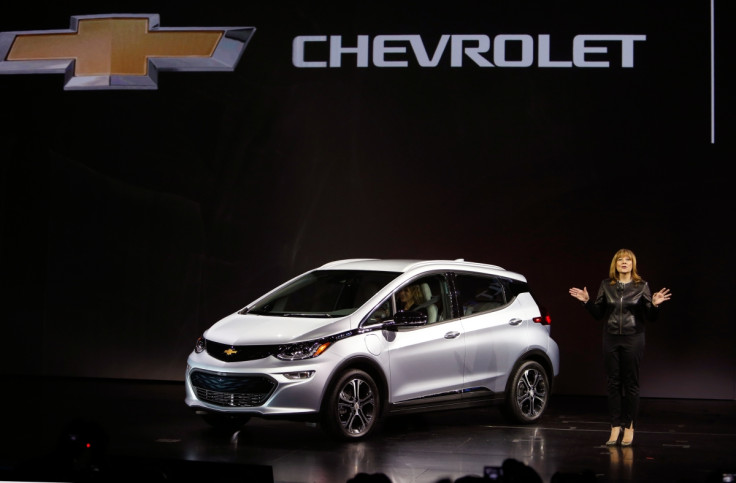General Motors and Lyft to trial self-driving taxi service within a year

General Motors and Lyft, a rival to Uber, will begin testing a fleet of autonomous taxis on public roads within a year. The self-driving vehicles will be modified versions of the Chevrolet Bolt.
The move will see GM and Lyft go up against a host of Silicon Valley companies and traditional car makers all working to bring autonomous cars to public roads. Many, including Ford and BMW, believe the future will see an autonomous vehicle somewhere between a taxi and a public bus, in which customers can commute with no driver.
The project comes just a few months after GM invested $500m (£345m) into Lyft and purchased Cruise Automation, a San Francisco-based autonomous driving technology company, for $1bn.
A location for the test has not yet been decided but, according to the Wall Street Journal, an unnamed Lyft executive said customers will have the opportunity to opt in or out of an autonomous car when they hail a taxi though the Lyft mobile app. Exact details of how the self-driving taxi system will work are still being finalised.
GM also aims to use the partnership as a way to get more of its new all-electric Bolt cars on the road. The Bolt has a range of 200 miles and is expected to cost around £25,000, but is expected to be US-only until 2018.
GM and Lyft are going directly after Google's parent company, Alphabet, and Uber. Alphabet's autonomous car project has been ongoing for several years and recently announced a partnership with Fiat Chrysler which will see around 100 Chrysler Pacifica minivans equipped with Google's self-driving technology later this year.
Meanwhile, Uber was reported in March to have ordered 100,000 Mercedes S-Class cars which it plans to make autonomous. Apple is also said to be developing a car with autonomous features, while Ford believes the future is a self-driving minivan equipped with comfy seats, desks and Wi-Fi for commuters to use on their way to the office. Similarly, BMW has discussed the potential for a 'robotaxi' to be used during the week while its regular cars are saved for the weekend.
Most companies, including Tesla which already sells two semi-autonomous cars, have set themselves the goal of bringing fully self-driving vehicles to public roads by 2020.
© Copyright IBTimes 2025. All rights reserved.






















